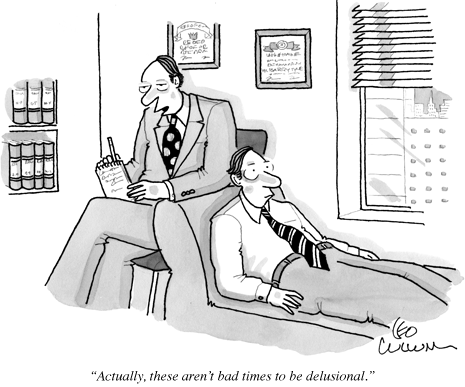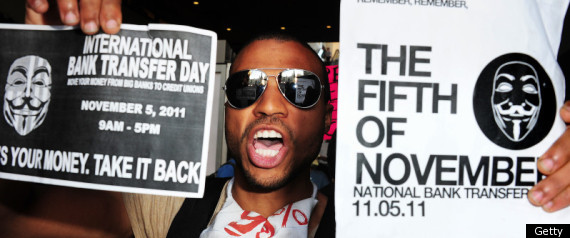Why be realistic?
 Prior to cell phones, if someone would have told you that
you would carry a little device with no wires and be able to speak to someone
on the other side of the world, you may have thought they were crazy and unrealistic.
Prior to cell phones, if someone would have told you that
you would carry a little device with no wires and be able to speak to someone
on the other side of the world, you may have thought they were crazy and unrealistic.
Prior to electricity, if someone would have told you that
you could flick a switch and lights would turn on enough to light a city, you
would have thought this person was delusional and unrealistic.
Prior to planes, if someone would have told you that you
could bend a piece of metal and fly over the ocean, you would have called this
insanity and unrealistic.
Obviously we can talk to anyone around the world on a cell
phone, we have electricity, and can fly around the world and back on airplanes;
all because people were unrealistic.
"The reasonable man adapts himself to the world; the unreasonable one persists in trying to adapt the world to himself. Therefore all progress depends on the unreasonable man."
-George Bernard Shaw
So why be realistic?
Delusional:
Having false or unrealistic beliefs or opinions
According to Psychology
Today, Psychologists have determined that delusional people are both
happier and more productive. Those who are delusional will be generally more
energetic in their goal pursuits, and will generally aim higher than those who
are more realistic. According to a psychological study, unrealistic people will
usually accomplish more than an unrealistic person.
When I am reading a blog and see a video about Steve Jobs,
I see an unrealistic person and someone that changed the world. When I read a
blog empowering
women and discussing a revolution for a true equality for women, I see
someone that people would have scorned at years ago and women that stepped out
of the norm to progress such a movement. I could go on to describe such people, but
there is no doubt that it is the unrealistic people that change the world.
So now, when someone talks about something that does not seem possible, when someone has a seemingly unduly confidence in their success despite their circumstance, or when someone seems delusional, do not be quick to count them out; they may just change the world.
It is not strictly an unrealistic attitude that will
progress someone forward, but coupled with other necessary leadership traits,
it serves as a catalyst and brings enough optimism to see a dream through
fruition.
Be unrealistic. Be delusional. Become a leader. And…as Mr
Jobs would say, “Think Different.”





